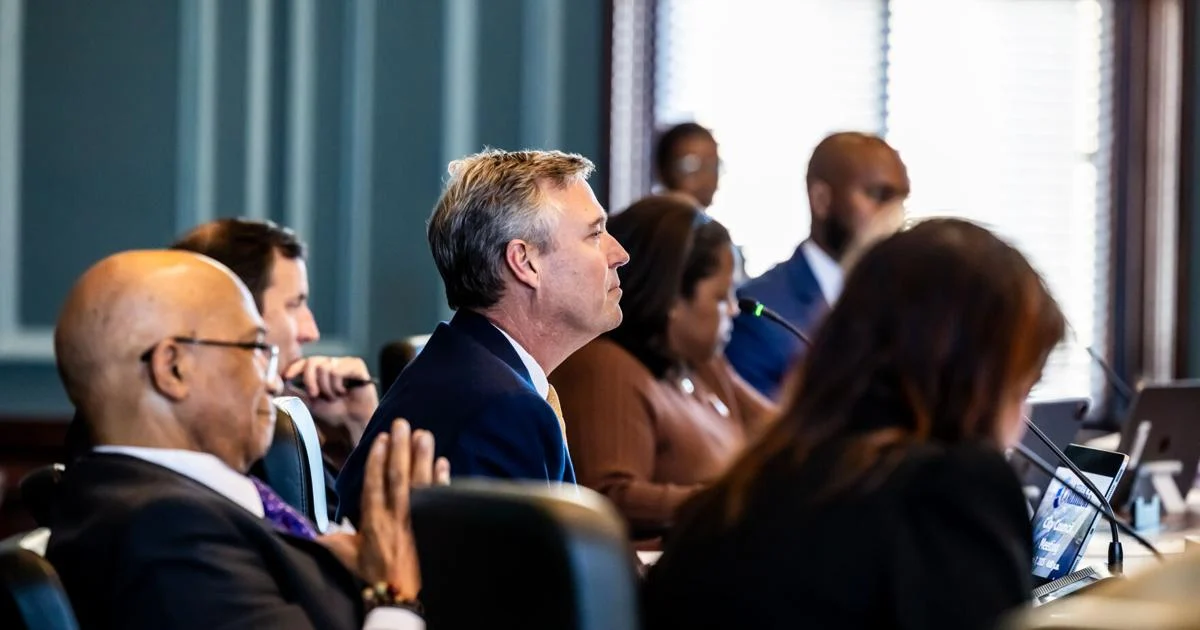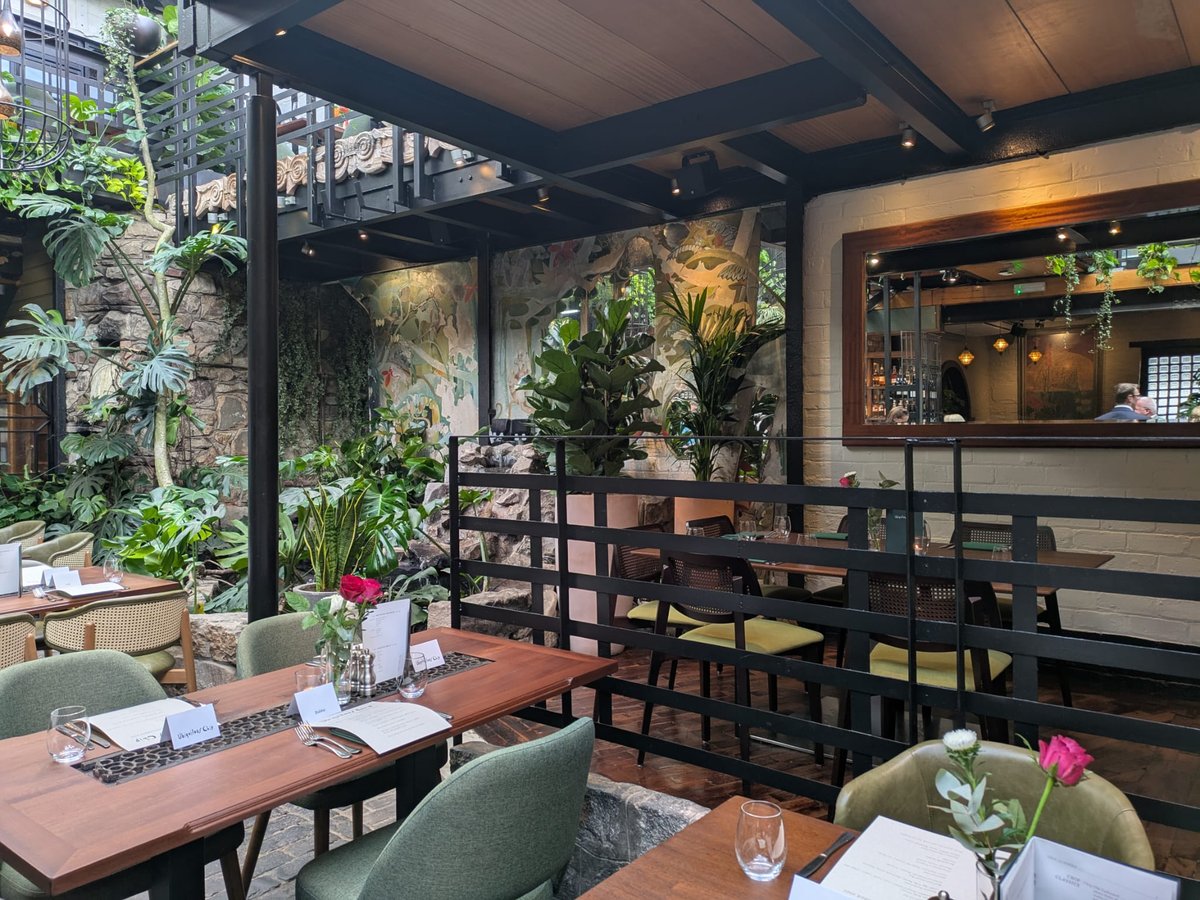
COLUMBIA — Mayor Daniel Rickenmann and city leaders faced a packed council chamber with residents lining the walls behind rows of people squeezed into pews.
Before the Sept. 16 meeting kicked off, the mayor made one point clear: the council would not be repealing the moratorium on short-term rentals that night.
While a few people filed out, most remained to watch the next hour of public comment unfold as the council faced backlash from both supporters and decriers of the ban.
In July, after a deadly shooting at an Elmwood Park AirBnB, the council passed a one-year freeze on new short-term rentals in Columbia’s residential areas, a topic that had already become contentious in the city.
Eleven speakers took the podium, with some angry at the mayor for “killing business” and others upset that he wasn’t doing enough to protect their small, tight-knit residential communities.
“We don’t want to get rid of (short-term rentals), but there’s a balance there — give and take on both sides,” Rickenmann said in a Sept. 17 interview.
The city first introduced limits on the properties in 2023, when they passed an ordinance that required permits to operate short-term rentals within city limits.
At the meeting, council members did make new edits to the short-term rental enforcement ordinance, cracking down on occupancy limits and imposing harsher fines. The enforcement ordinance deals with what short-term rentals can do, but the ordinance that will replace the moratorium outlines where those rentals can be.
Originally, the council debated imposing a cap on how many short-term rentals were allowed in each neighborhood or whether they would only be allowed in commercial and mixed-use developments. The answer is more nuanced.
City leaders threw out the idea of a cap, and now Rickenmann said they are looking at ways to allow short-term rentals in some residential zones — but only on heavily trafficked, major throughways. Rickenmann said the city needs more time to dig into the data they’ve collected and create maps for the public to offer input. He expects they will be ready by the November Planning Commission meeting.
If they follow that timeline, the council will likely vote on the new ordinance in December.
Public comment reveals core tensions
Gus Bueno told the council that he bought a new property three weeks ago in a residential neighborhood with the intention to operate it as a short-term rental, believing the moratorium would be lifted soon. Now, he said he’s stuck.
“Well, I don’t know why you would buy a new property when we haven’t voted on something,” Rickenmann responded.
Bueno expressed frustration that the timeline had been pushed out for lifting the ban on new short-term rental licenses in residential neighborhoods. Licenses that were issued before the ban were allowed to remain in place, leaving those rentals to function normally.
Rickenmann said the delays is giving the council time to consider input from both the rental business community and the neighborhoods before developing a comprehensive plan.
Wendy Bergmann said and her husband, David Bergmann, own a short-term rental company, Heartwood Furnished Homes. They have properties in the Elmwood, Shandon and Cottontown neighborhoods.
She said the conversation about the kinds of people who stay in short-term rentals has become “deluded.” In her rentals, guests have ranged from “typical tourists” who come here for special events and game days, to actors, to family members visiting loved ones.
“But I think what’s really important to note — our neighbors are using us too,” Bergmann said.
She argued it was important to keep these rentals available in the heart of neighborhoods because many people utilize them when they have family members coming into town, need to leave their house for repairs or are going through a separation but want to stay close to their families.
Amy McKissick, a resident of Cottontown, had a different outlook. She said short-term rentals function as hotels and disrupt the peace in local neighborhoods.
McKissick said one of Bergmann’s rentals is in her backyard.
“I can tell you from personal experience, I have walked out my backdoor and seen things occurring, with windows open, that you really shouldn’t see in residential neighborhoods,” McKissick said.
Rental debate about more than shooting
These arguments highlight the core issue with which the council has been dealing while considering the new ordinance: how to drive the growth of business in the city, while maintaining peace within neighborhoods.
One realtor claimed the city was using a teen gun violence situation to “completely warp and change” laws that were already working.
“The reason we’re here is not about a shooting,” Rickenmann said.
Complaints about the industry predated the shooting, and Rickenmann said they’ve been working to collect data to further refine the ordinance since it was passed two years ago. He said that they’ve recently found that 20 percent of short-term rental units were operating illegally.
“The shooting was horrible, but this is about creating an opportunity for things to coexist,” Rickenmann said. “The reason this isn’t working right now is because we’ve got too many folks who are not abiding by the law.”



